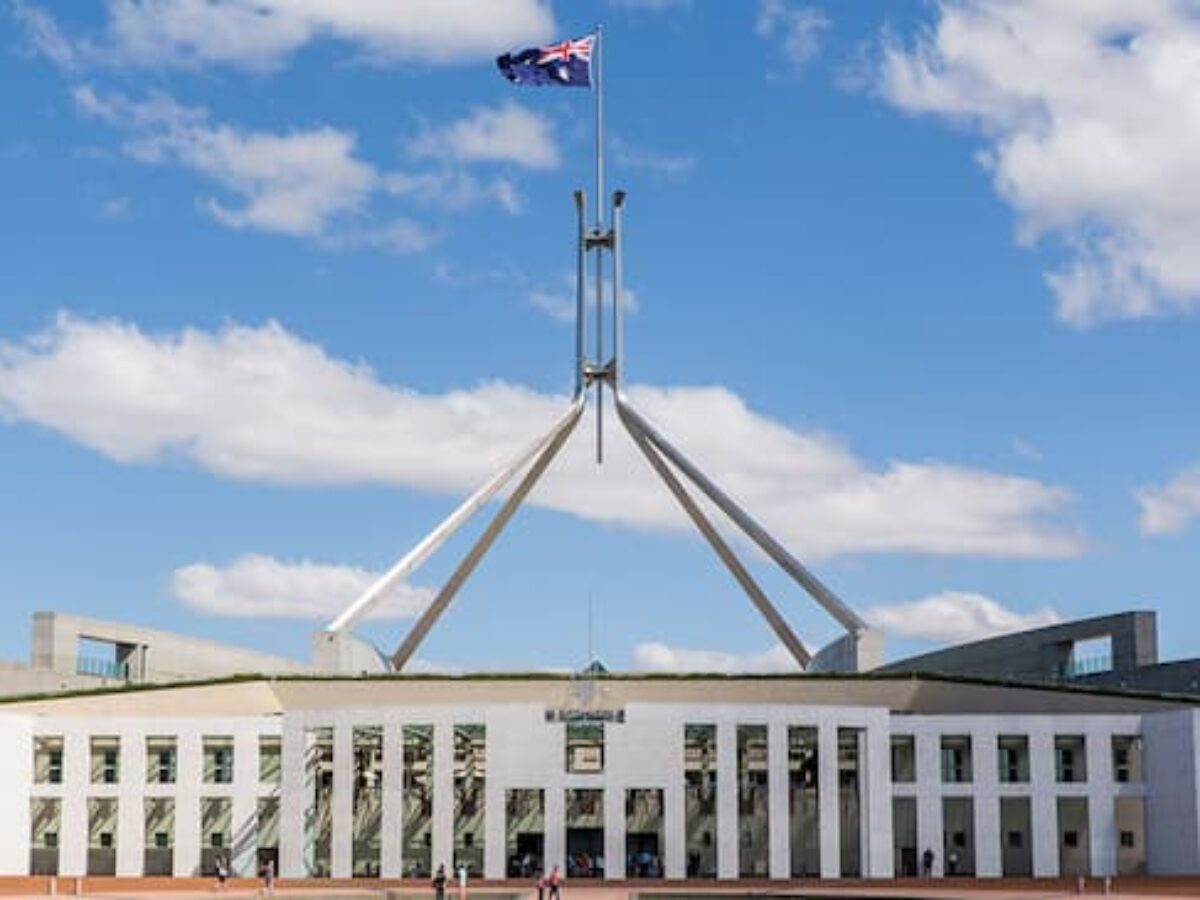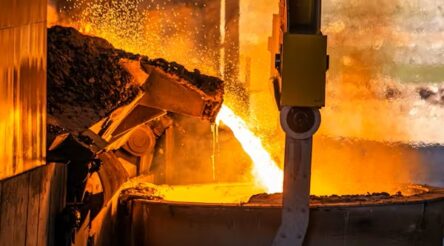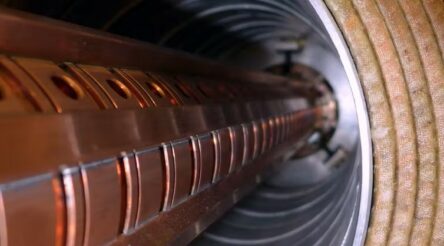Election 22 the real issues – political leadership by Lance Worrall

@AuManufacturing's occasional editorial series on the real issues in the 2022 federal election continues today. Here Lance Worrall outlines the policy challenge if we are to achieve significant reindustrialisation.
If ever a federal election needed to be fought on a future economic vision and strategy it is this one.
Four powerful factors confirm this: the huge opportunities to add value to our vast mineral resources; using our vast supplies of renewable energy to decarbonise and re-shore manufacturing of energy intensive products like green steel and aluminium; new digital technologies and business models that mean being small is no longer a disadvantage; and recognition that we need certain sovereign capabilities held onshore and not vulnerable to overseas supply chain disruption.
These four forces mean that not only is the reindustrialisation of Australia desirable and urgent: it has also become possible and practical.
But national political leadership is missing.
Reindustrialisation: A Generational Challenge
Reindustrialisation is a generational national project. Australia took about 30 years to arrive at its current position – locked into dependency upon declining forms of resource extraction and energy production that a decarbonising world will not buy in future.
Today we resemble what we were a century ago: an exporter of unprocessed raw materials for offshore value adding, with a low value adding resources sector geared to the cheapest possible large scale extraction.
The next time we see our resources again is when they reappear as high value imports that have been manufactured overseas.
This status quo is a trap of economic decline. Getting out will require sustained political leadership, expert institutions, and clearly-enunciated missions and gaols. A plan.
A positive plan for the future needs to recognise and maximise the contributions of all to value creation: industry, workers, government, communities, the education and research sectors, and others.
It would build the partnerships and collaborations needed for an economy that works for the many, not just the few.
Adding Value and Decarbonisation
Joining industrial policy to decarbonisation means net economic gain and more jobs, not fewer.
Despite the propaganda, few nations have Australia’s advantages and as much to gain from a rapid planned and orderly program of decarbonisation. Our best industrial opportunities come with the move to decarbonise.
Australia has resources of world significance but we export them as raw materials for processing and value-adding offshore.
Australia supplies almost half the world’s iron ore, but has less than one half of one per cent of world iron and steel production.
We export nearly 30 per cent of the world’s trade in unprocessed ores, but account for less than one per cent of international trade in processed metals.
Australia has one of the highest per capita endowments of renewables in the world.
Australia’s resources for renewable energy production (especially solar and wind) are of international significance and critical to re-shoring of energy-intensive manufacturing of green steel and aluminium which must be produced close to the renewable energy source.
We have lost much capacity for production of these more traditional metals over the past three decades.
And we have failed to develop production capabilities in the new advanced materials, highly prized in the future zero-carbon economy, despite having these in abundance: lithium, copper, nickel, zinc, graphene, titanium, cobalt, vanadium, and others.
All of these warrant dedicated secondary processing strategies, especially to underpin new products and processes required in the green economy.
But there is no national policy for the development of these Australian sovereign resources.
Or rather, our default policy favours raw extraction over their development as onshore value chains.
This de facto policy is in preference to one promoting processing and value-adding through incentives and conditions that can only be imposed by national government.
There are disparate general programs, but no dedicated sectoral strategy to build on our resources to achieve a new integrated onshore value chain of strategic significance.
The moral is: If we want to add value to our resources, we need to add leadership to our government.
….
Lance Worrall was a policy adviser to Mike Rann as both Opposition Leader and Premier of South Australia. He has been a senior public servant and most recently worked on industrial transformation initiatives for the Innovative Manufacturing Cooperative Research Centre and Flinders University. He is the author of many reports on economic and industrial development.
Picture: aph.gov.au
Subscribe to our free @AuManufacturing newsletter here.
@aumanufacturing Sections
Analysis and Commentary Awards casino reviews Defence Gambling Manufacturing News Online Casino Podcast Technology Videos





